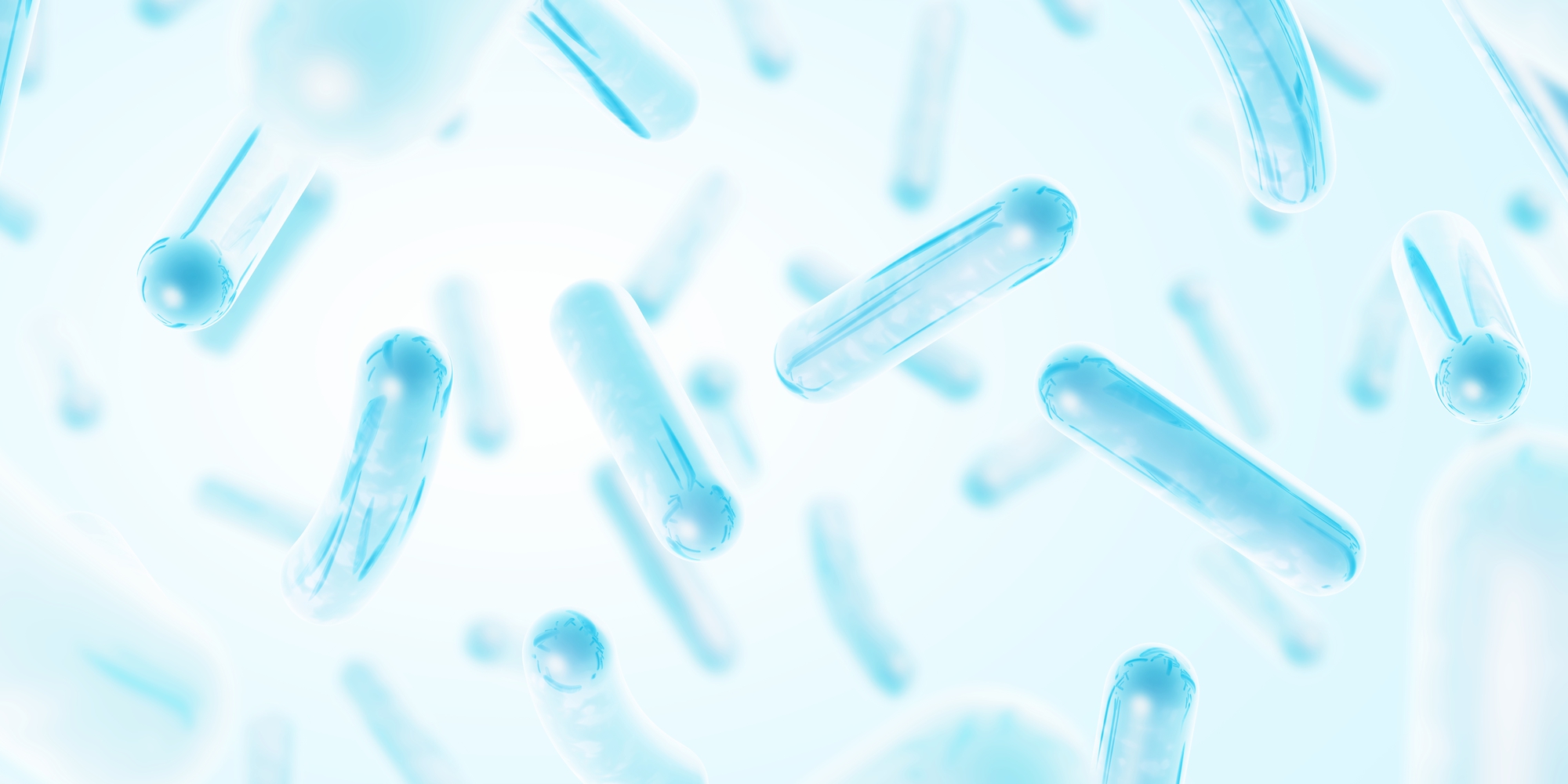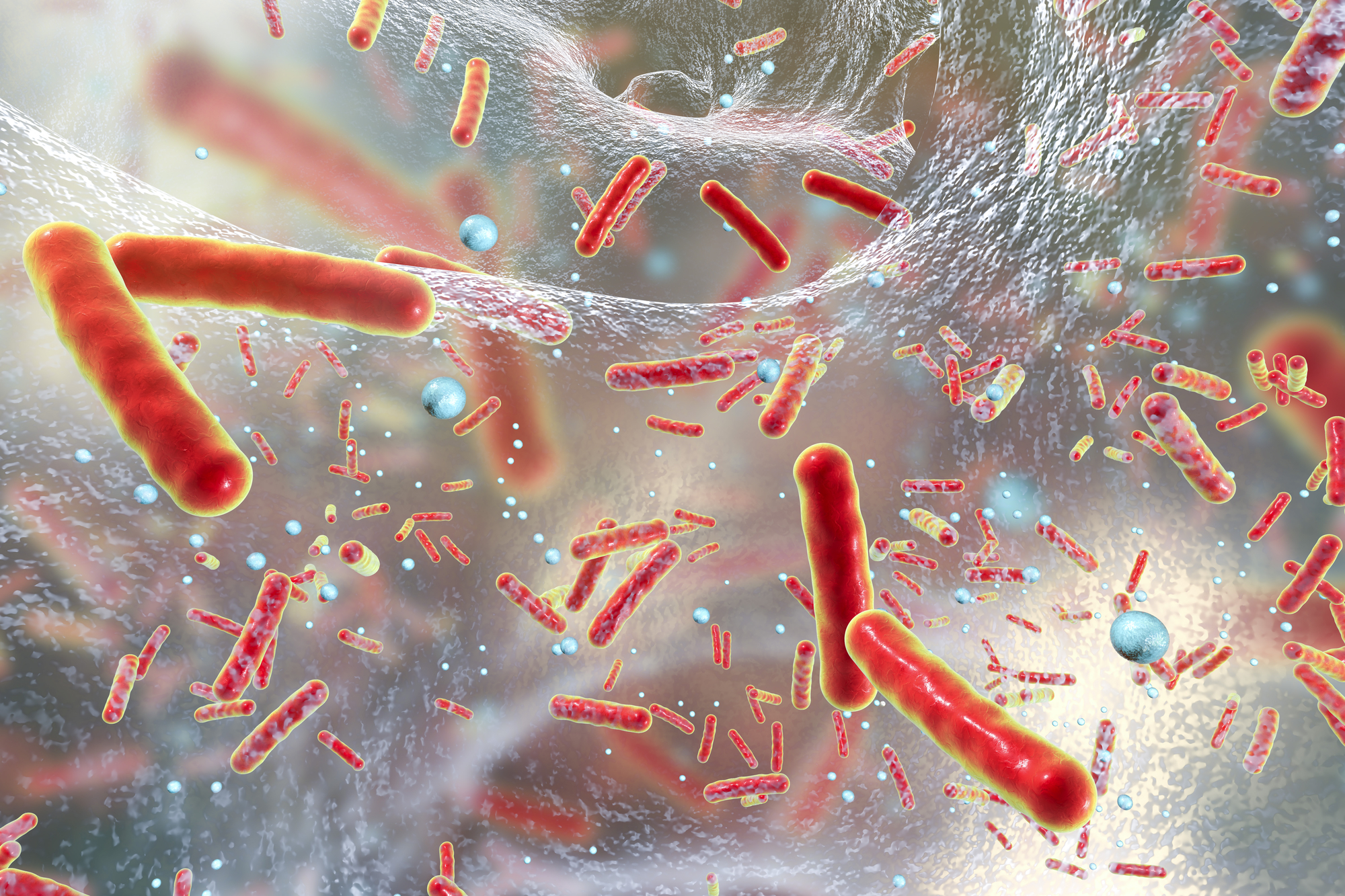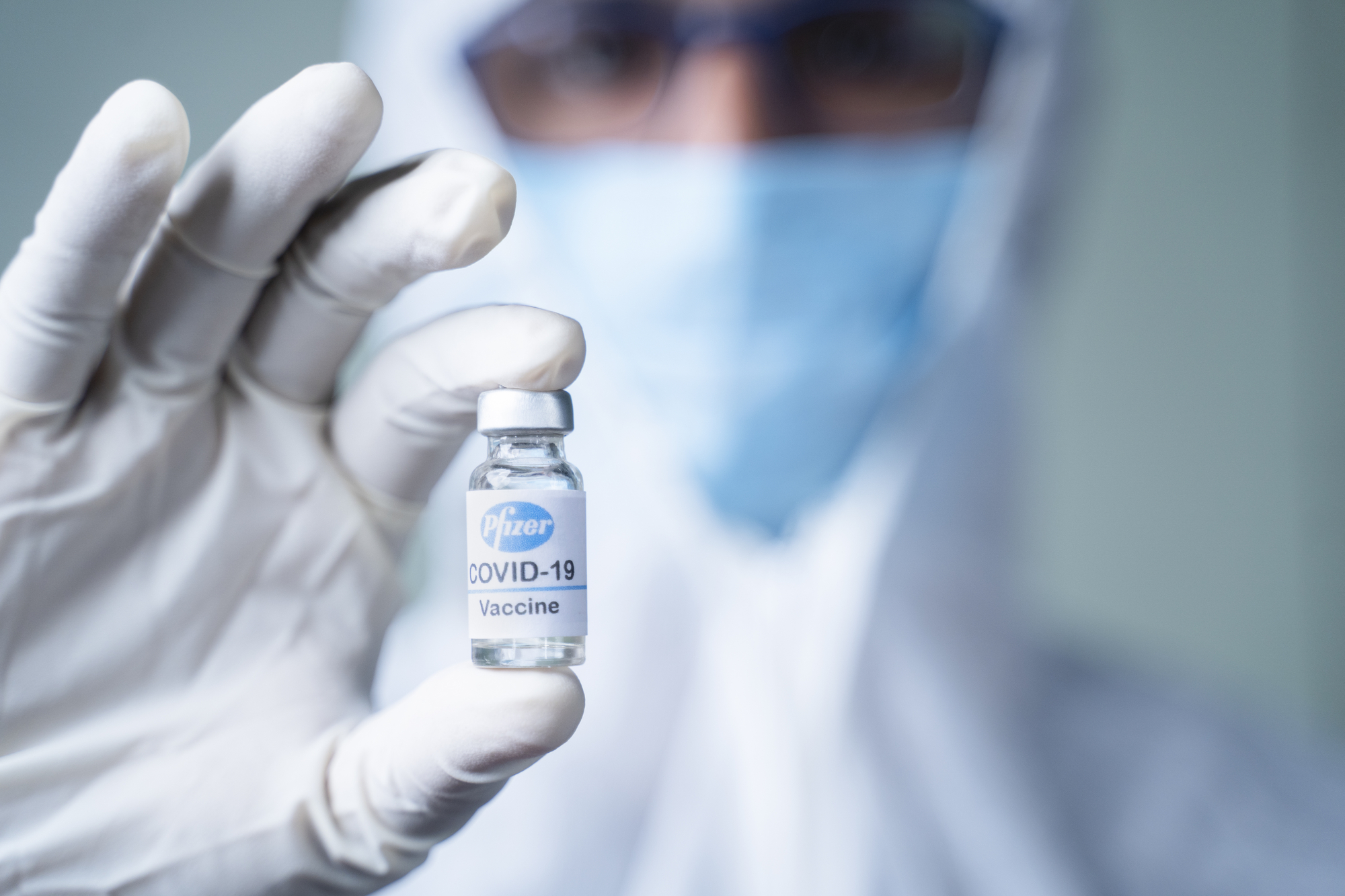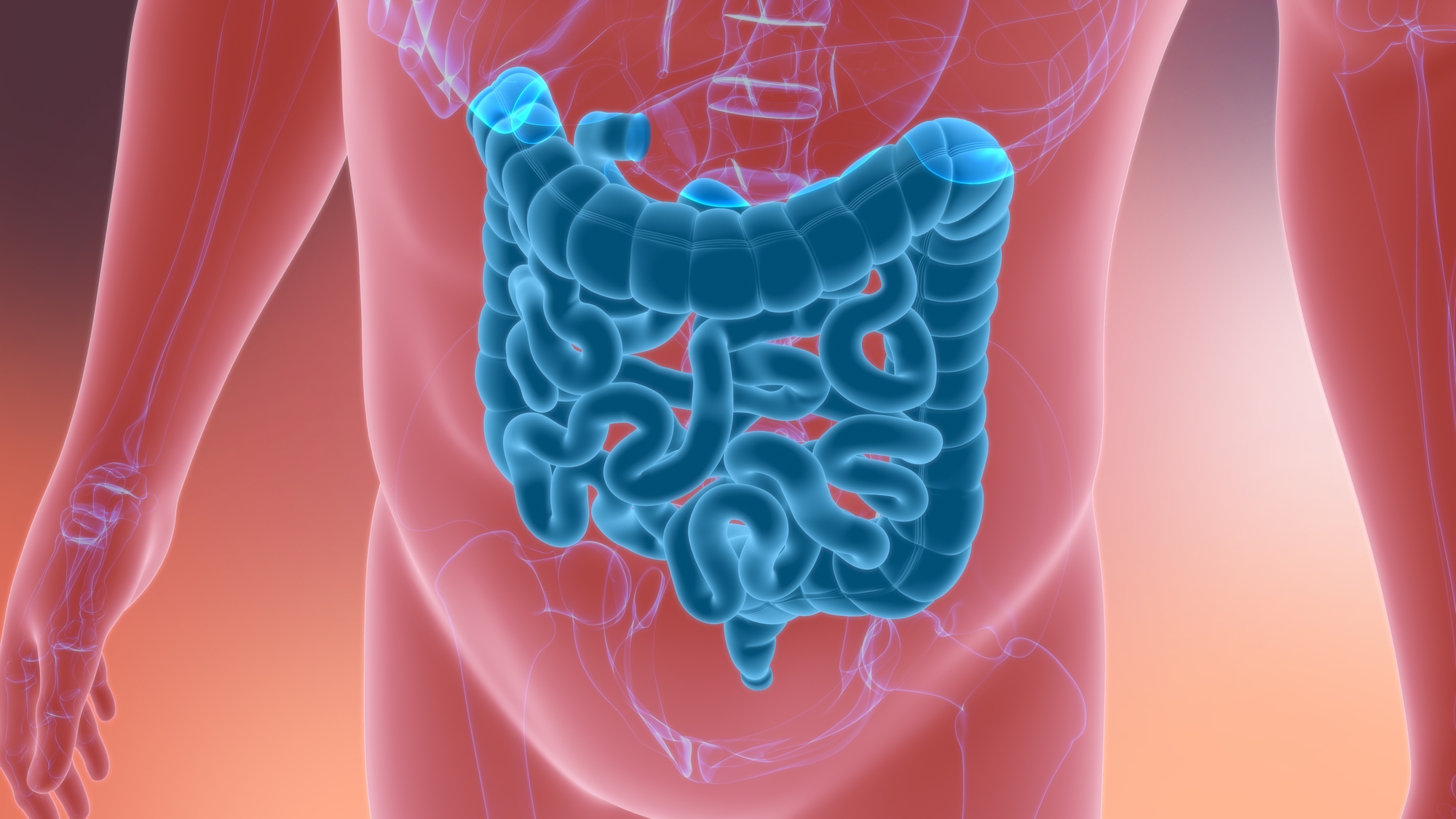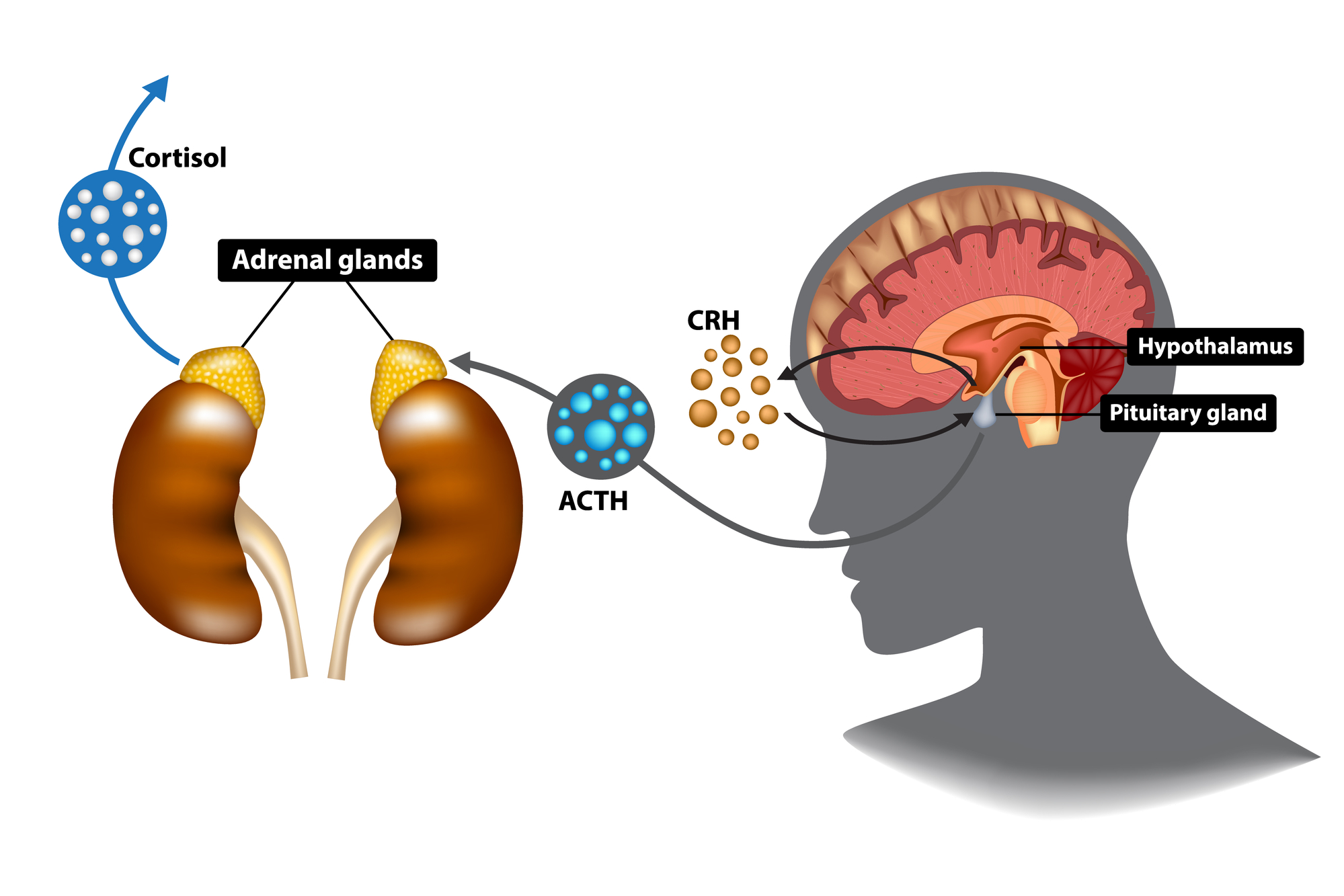New Evidence Against Artificial Sweeteners
Once touted as low-calorie substitutes that could help reduce incidence of diabetes and help people lose weight, artificial sweeteners such as aspartame, sucralose, and saccharine have come under more scrutiny in recent years. Concerns about their potential health risks have only been heightened based on data suggesting they do notRead


